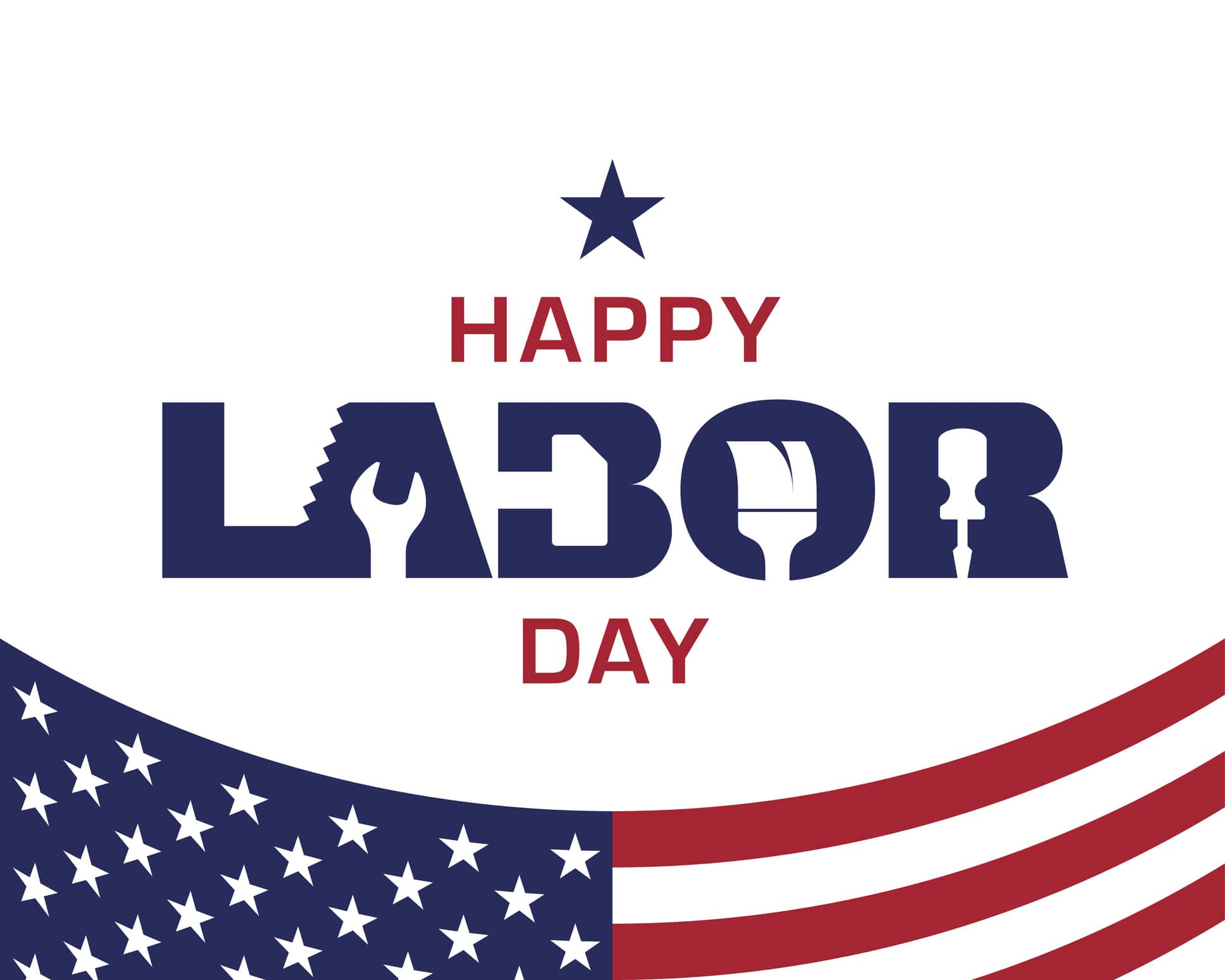Reflections for Labor Day

This Labor Day, let’s celebrate the dignity of down and dirty labor. Our culture does not place a high value on employment that appears to use more muscle than mind. I mean physically demanding digging, heaving, pounding, or chopping to clear out, clean up, plant, or build.
Yet, at home, in projects like gardening, clearing land, laying patio pavers, or house painting, weekend toilers often find real gratification, including new self-confidence and pride in the task accomplished. The same personal rewards occur when citizens join in projects like cleaning up the canal, building a playground, or restoring a historic home.
Two experiences from my youth have helped me value hard work.
My father let me join in building the driveway at our Wappingers Falls, NY, home. It was to be two concrete strips about 80 feet long. He was an engineer with IBM, and I was about ten years old. Chipping away, we were not up to digging the two trenches. He discovered “Bill,” a retired railroad worker who lived in a shanty and hired out as a day laborer. Bill, a quiet, small-built, wiry man, dug both trenches within a day, hardly resting. I observed how my father treated Bill with great respect and paid him well.
For years Bill was a kind of icon in our family for the virtues of hard work and the pursuit of excellence in whatever you do.
But, my thoughts on physical labor focus on tilling the soil and harvesting nature’s bounty.
I find the Bible sheds light on the preeminence of human labor from the beginning of Creation.
In the Genesis story, God worked on Creation for six days. A model for us all, God rested on the Sabbath and uttered a very satisfying, “That’s good!” about His handiwork.
God also put the first human, Adam, to work right away in the Garden of Eden “to till it and keep it.” Here is a suggestion that our own sweat and toil, especially with the land, returns us to our primal beginnings as partners with God in the work of Creation.
That may mean that the physically demanding labor often undervalued by society is, after all, a divine gift. And, it may explain why the grueling chores we first shun turn out to be physically and spiritually renewing.



